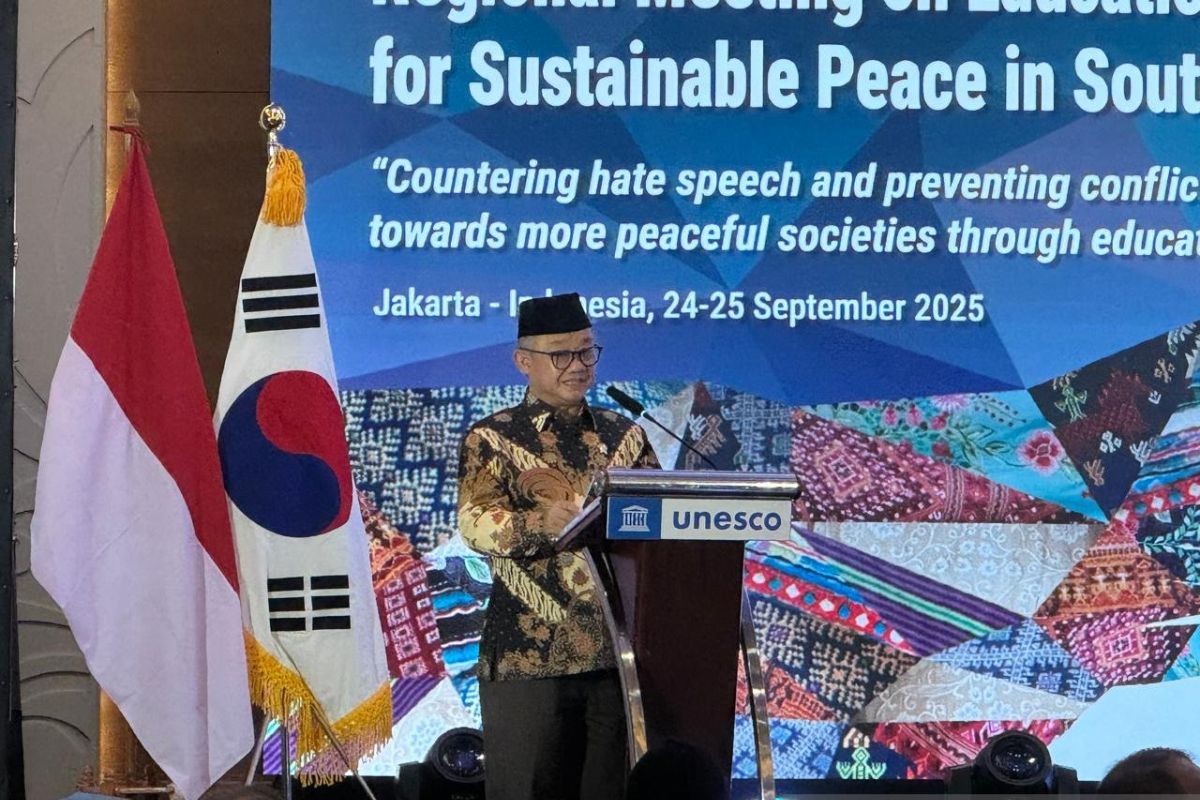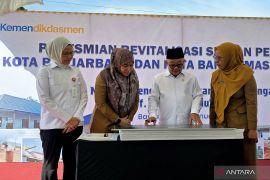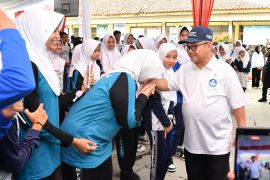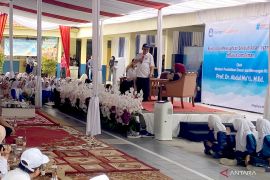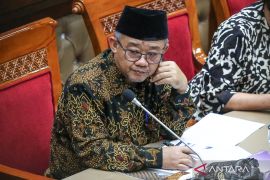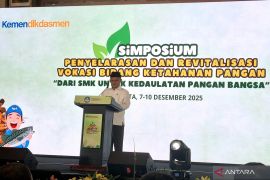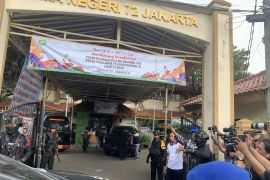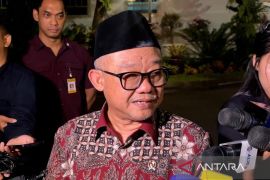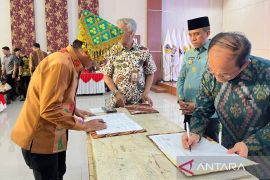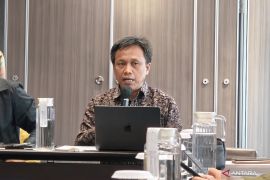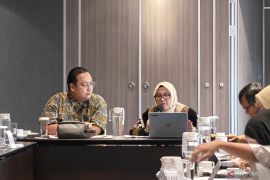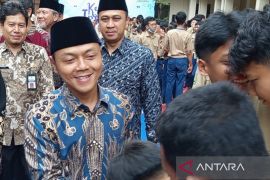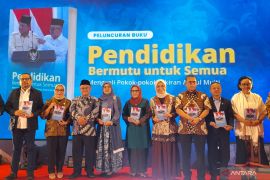"With over 17,000 islands, hundreds of ethnic groups, and multiple religions, we have long recognized that peace is not given. It must be nurtured through education, values, and dialogue," Minister of Primary and Secondary Education Abdul Mu'ti said in Jakarta on Wednesday.
He conveyed this when delivering opening remarks at the Regional Meeting on Education for Sustainable Peace in Southeast Asia "Countering hate speech and preventing conflicts towards more peaceful societies through education" in Jakarta.
He said that the ministry has introduced several key policies and programs that reflect the commitment, including the implementation of the 13-Year Compulsory Education program to ensure that every Indonesian child, from early childhood through high school, has access to inclusive and quality education.
The ministry has also simplified administrative requirements to enable unregistered foreign nationals, such as refugees, to fulfill their right to education in Indonesia.
Furthermore, the Seven Habits of Great Indonesian Children program is an initiative to instill values such as honesty, discipline, empathy, creativity, and collaboration into daily school life, which aims to prepare children to become excellent learners and responsible citizens.
There is also a program that focuses on strengthening character and citizenship through curriculum reform that integrates peace, tolerance, and critical digital literacy into the curriculum.
He explained that the curriculum includes practical modules related to artificial intelligence and coding, so that students are not only technologically literate but also ethically aware of how to use technology to build peace.
Furthermore, the program strengthens counseling and guidance in schools to enhance the role of schools, counselors, and teachers in providing psychological support, preventing bullying, and fostering student resilience, as well as ensuring that every school is a safe and peaceful space for development.
He stated that education is a social engineering and social contract to foster a peaceful generation with peaceful thoughts and actions.
He emphasized that education is not only a means of learning facts but also a process of developing empathetic, critical, and responsible citizens. These three things form the foundation of sustainable peace and human development.
"Let us be reminded that when children learn, we are not only building human capital, we are building the pillars of peace," Abdul Mu'ti said.
Related news: Revitalizing PAUD becomes priority in basic education acceleration
Related news: RI Govt to launch nationwide academic ability test in November
Related news: Prabowo targets 500 Sekolah Rakyat to boost education access
Translator: Cindy Frishanti Octavia
Editor: Azis Kurmala
Copyright © ANTARA 2025
